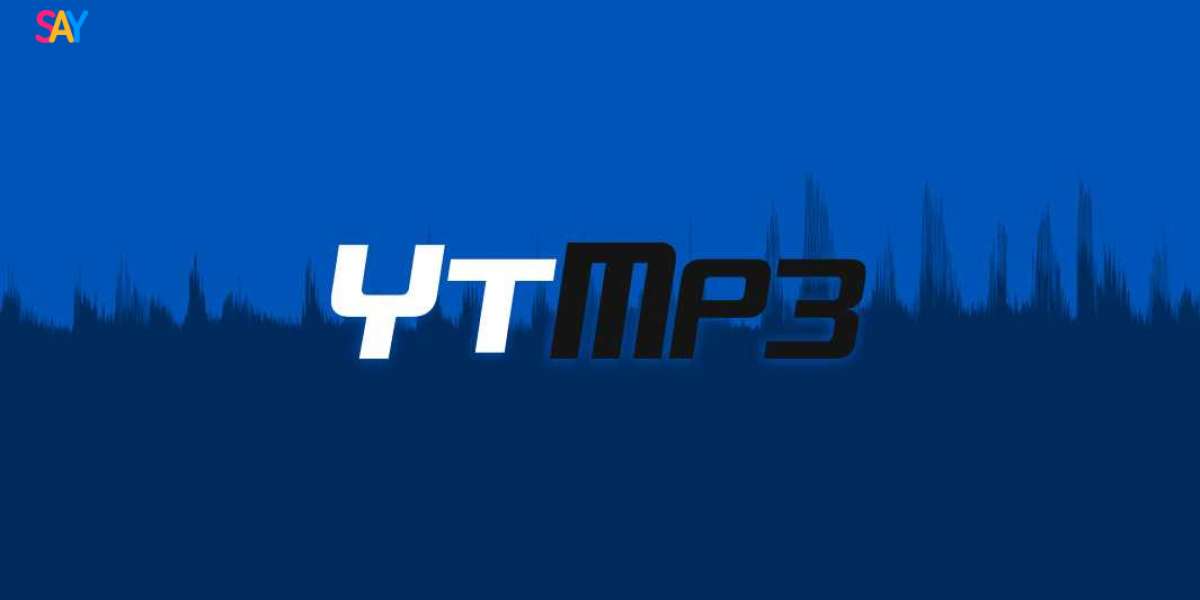Introduction
In today’s digital age, multimedia consumption has become a daily routine for millions. YouTube, the world’s most popular video-sharing platform, hosts a wide array of content, from music videos to podcasts. However, users often seek ways to enjoy this content offline or in audio-only formats. This is where tools like Ytmp3 come into play.
YTMP3 is one of the many YouTube-to-MP3 converters available online. It allows users to convert YouTube videos into downloadable MP3 files for offline listening. While the tool offers convenience, it also raises questions about legality, ethics, and cybersecurity. This article explores what YTMP3 is, how it works, and the key considerations surrounding its use.
What is YTMP3?
YTMP3 is a free online tool that converts YouTube videos into MP3 (audio) or MP4 (video) files. It is designed to be user-friendly, requiring only a YouTube link to start the conversion process. Users can visit the YTMP3 website, paste the desired video URL, choose the format, and download the content within seconds.
The appeal of YTMP3 lies in its simplicity. It doesn't require any software installation, registration, or subscription. Whether you're looking to save your favorite song, a motivational speech, or a podcast episode, YTMP3 offers a quick solution.
How Does YTMP3 Work?
The process is straightforward:
Copy the URL of the YouTube video you want to convert.
Paste it into the input box on the YTMP3 website.
Select the desired format (MP3 or MP4).
Click “Convert” and wait for the file to process.
Download the converted file to your device.
Behind the scenes, YTMP3 extracts the video’s audio stream and compresses it into an MP3 file. This enables users to save music or spoken content without needing internet access later.
Legal and Ethical Considerations
Despite its popularity, using YTMP3 is not without controversy. One of the biggest concerns is copyright infringement.
Is YTMP3 Legal?
Technically, downloading copyrighted material from YouTube without permission violates YouTube’s Terms of Service and can infringe on intellectual property rights. Most music videos, for example, are protected by copyright, and converting them for personal use without a license is illegal in many countries.
Some legal gray areas exist—such as downloading royalty-free content or content uploaded by the user themselves—but generally, using tools like YTMP3 for copyrighted material is not legal.
Ethical Concerns
Beyond legality, there's the ethical aspect. Artists, musicians, and content creators often rely on YouTube ad revenue and streaming services for income. Bypassing these platforms deprives them of rightful earnings and discourages content creation.
Risks and Security Issues
In addition to legal concerns, YTMP3 and similar websites can expose users to various security risks:
Malware and Viruses: Some YTMP3 clones are riddled with pop-up ads, malicious links, or hidden downloads that can infect your device.
Data Privacy: Many of these websites lack privacy policies or SSL encryption, putting your data at risk.
Fake Download Buttons: Deceptive ads can lead users to unintended downloads or scams.
Using an ad-blocker or a trusted antivirus can mitigate some risks, but the safest option is to avoid these sites altogether.
Alternatives to YTMP3
If you're looking for legal alternatives to YTMP3, consider the following:
YouTube Premium: Allows users to download videos and listen to music offline legally.
Spotify, Apple Music, Amazon Music: Offer downloadable tracks with a subscription.
Creative Commons Content: YouTube hosts videos under Creative Commons licenses, which can be legally reused and downloaded with proper attribution.
Conclusion
YTMP3 provides a quick and easy way to convert YouTube videos into MP3 files, but it comes with significant legal, ethical, and security risks. While the allure of offline listening is strong, users should consider legitimate alternatives that support content creators and protect their own devices. As technology continues to evolve, finding the balance between convenience and responsibility remains crucial.




